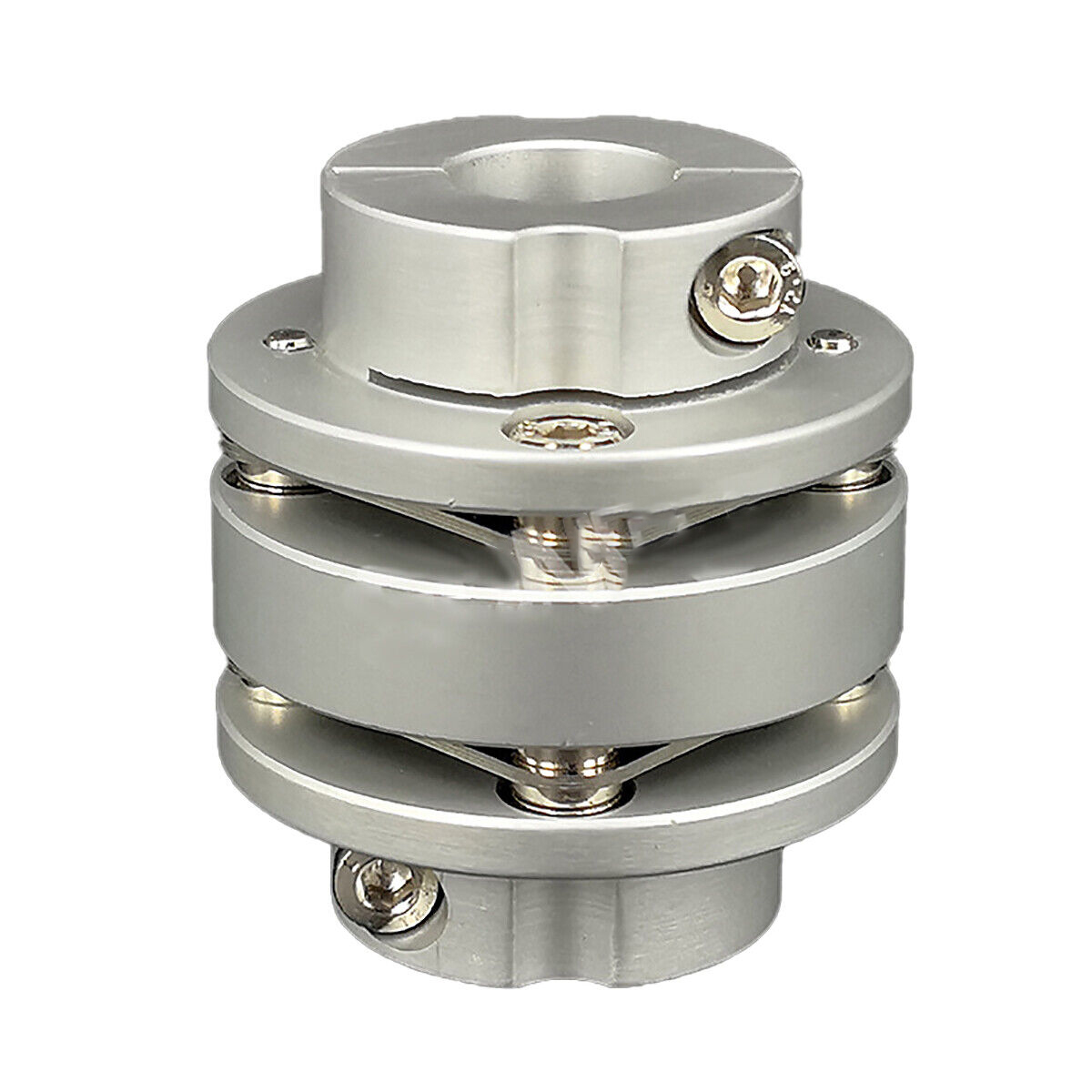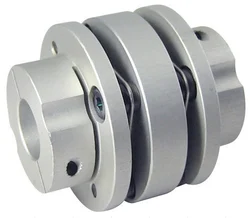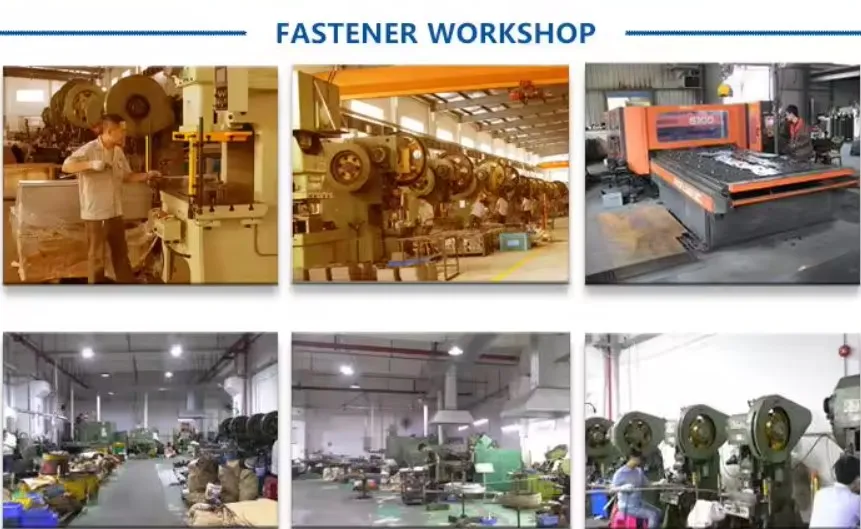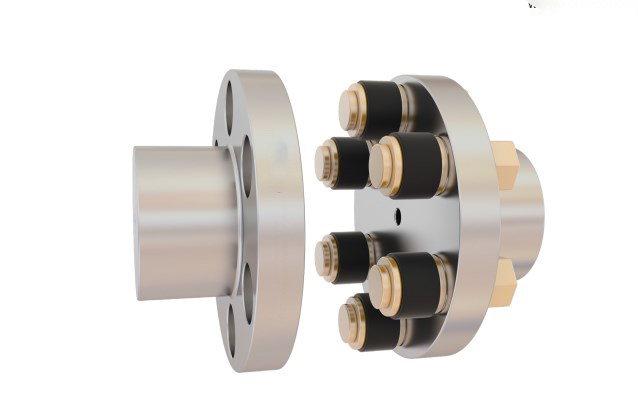Flexible Flange Coupling for Space Exploration Vehicles
Understanding Flexible Flange Couplings
Flexible flange couplings are critical components in the mechanical systems of space exploration vehicles. These couplings provide the necessary flexibility to accommodate misalignments and reduce the transmission of shock and vibration.
The Role of Flexible Flange Couplings in Space Exploration
In the harsh environment of space, reliable and efficient mechanical connections are paramount. Flexible flange couplings help ensure that the various systems of a spacecraft remain connected and operational, despite the extreme conditions.
Key Features of Flexible Flange Couplings
Flexible flange couplings offer several key features, including high flexibility, misalignment tolerance, and vibration damping. These features are essential for maintaining the integrity of mechanical systems in space exploration vehicles.
Materials Used in Flexible Flange Couplings
These couplings are typically made from advanced materials such as high-strength alloys and composite materials. These materials provide the necessary durability and resilience needed for space applications.
Manufacturing Process of Flexible Flange Couplings
The manufacturing process involves precision machining and rigorous testing to ensure that each coupling meets the high standards required for space missions. Quality control is integral to the production of these vital components.

Advantages of Flexible Couplings

- Misalignment Compensation: Flexible couplings can accommodate angular, parallel, and axial misalignment, ensuring smooth operation even in the presence of misaligned shafts.
- Shock Absorption: These couplings can absorb and dampen shock loads, protecting the connected equipment from sudden impacts.
- Vibration Reduction: By dampening vibrations, flexible couplings help minimize wear and tear on connected machinery and reduce noise levels.
- Extended Equipment Life: The ability to compensate for misalignment and absorb shocks extends the operational life of the connected equipment.
- Easy Maintenance: Flexible couplings typically require less maintenance than solid couplings, reducing downtime and maintenance costs.
Difference Between Solid and Flexible Coupling

- Flexibility: Solid couplings are rigid and do not accommodate misalignment, whereas flexible couplings can handle various types of misalignment.
- Vibration Isolation: Flexible couplings provide better vibration isolation compared to solid couplings, which transmit vibrations directly.
- Shock Load Capacity: Flexible couplings can absorb shock loads, whereas solid couplings may transfer shocks to the connected machinery.
- Maintenance Requirements: Solid couplings often require more maintenance to address alignment issues, while flexible couplings are easier to maintain.
Problems with Flexible Couplings
- Reduced Torque Transmission: The flexibility of these couplings can sometimes result in a lower torque transmission capability compared to solid couplings.
- Wear and Tear: Over time, the flexible elements of the couplings may wear out, requiring replacement or maintenance.
- Complexity: Flexible couplings can be more complex to design and integrate into systems, especially in highly specialized applications like space exploration.
Choosing the Right Flexible Flange Coupling

- Load Requirements: Determine the torque and load requirements of your application to select a coupling that can handle the expected forces.
- Misalignment Tolerance: Assess the type and degree of misalignment in your system to choose a coupling with the appropriate flexibility.
- Material Compatibility: Consider the environmental conditions and material compatibility to ensure durability and performance in the intended application.
- Size and Weight: The size and weight of the coupling should be compatible with the spatial constraints and weight limitations of the vehicle.
- Maintenance Needs: Evaluate the maintenance requirements and ease of access to ensure minimal downtime and efficient operation.
About HZPT
Founded in 2006, HZPT is a professional manufacturer specializing in the development and production of high-precision couplings, ball screw support units, motor brackets, and motion modules. Our coupling product line includes servo motor couplings, stepper motor couplings, micro motor couplings, and encoder couplings.
Advantages:
- Advanced Technology: Our commitment to cutting-edge technology ensures that our products meet the highest standards of precision and reliability.
- In-house R&D Center: We have our own research and development center to innovate and improve our products continuously.
- Integrated Manufacturing and Testing: Our in-house processing and testing systems guarantee the quality and performance of our products.
- ISO 9001:2015 Certification: Our production processes adhere to the stringent quality standards set by ISO 9001:2015.
- ROHS Compliance: We ensure that our products comply with ROHS standards, reflecting our commitment to environmental responsibility.
With over 30 product lines, our couplings are widely used in electronics, solar, photovoltaic industries, machine tools, packaging, molding, medical devices, printing, and various automation equipment. Our products have gained recognition and extensive use by top clients in Japan, the United States, Germany, Israel, Malaysia, Singapore, Taiwan, and other global markets.
We specialize in the professional production and sales of flexible flange couplings. Our extensive experience, advanced technology, and commitment to quality make us the ideal partner for your needs. Contact us today to learn more about our products and how we can collaborate to enhance your projects.